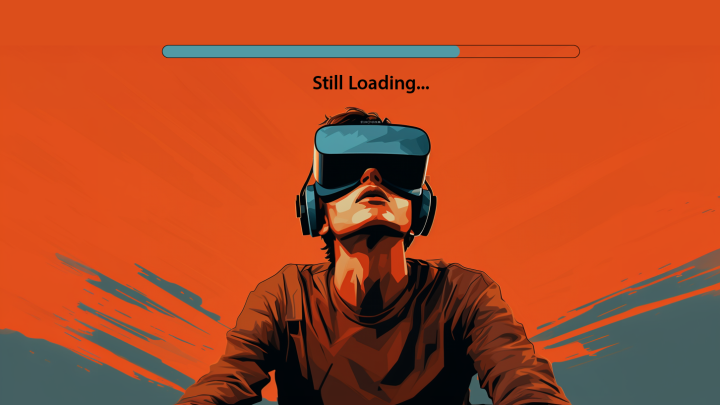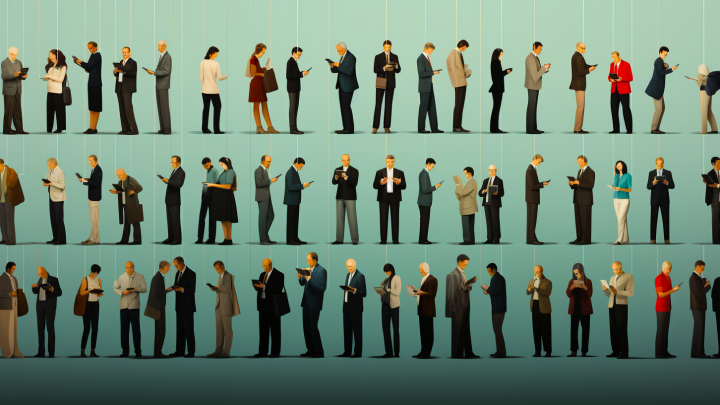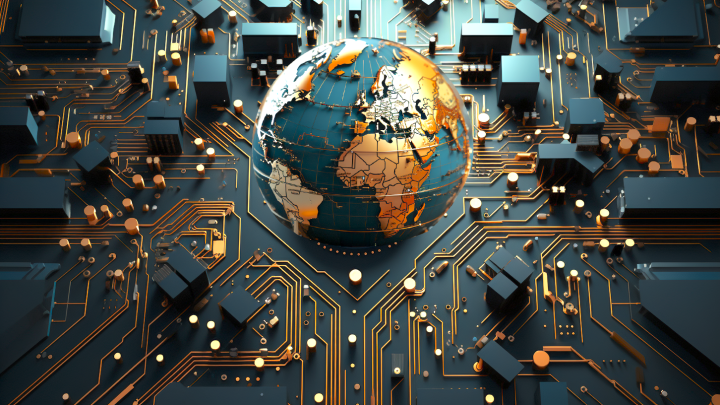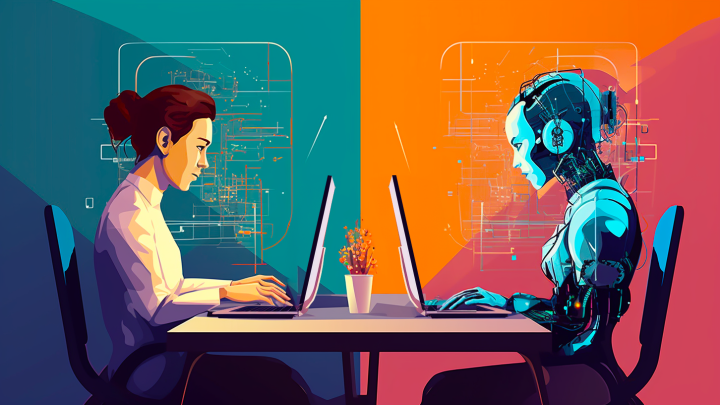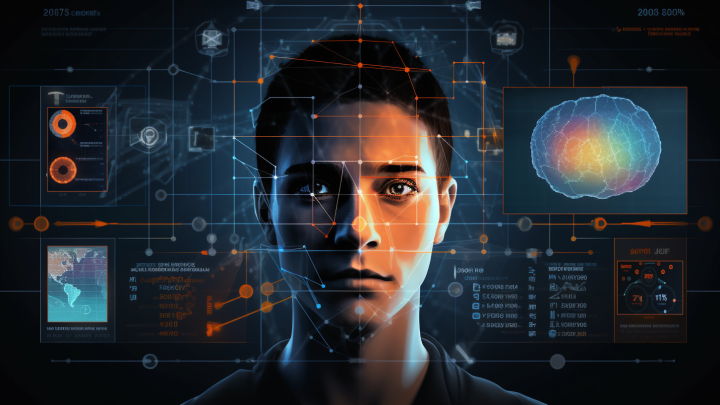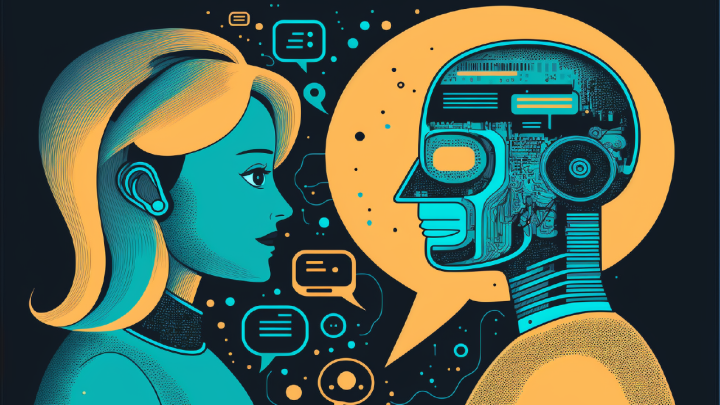Virtual reality (VR) has been lauded for its groundbreaking potential to redefine how we interact with digital environments, yet its practical, everyday applications remain elusive for most. While the technology offers unparalleled immersive experiences, its practical applications often appear limited, overshadowed by the novelty of the experience itself. The high costs of adoption, both in terms of equipment and content creation, further compound the challenge. Some critics thus argue that VR, in many cases, represents an impressive technological feat searching for a truly essential application, rather than addressing a pre-existing, widespread need.
Topics of conversation might include: Will VR always be a niche technology for gamers and other tech enthusiasts or will the metaverse (promoted by Meta) or spatial computing (marketed by Apple’s new Vision Pro) become mainstream? How has the narrative of virtual reality's potential outpaced its real-world applications, and what does this disconnect reveal more generally about technology adoption? With emerging technologies like augmented reality (AR) offering more seamless integration into daily life, how does VR maintain its unique value proposition?
Topics of conversation might include: Will VR always be a niche technology for gamers and other tech enthusiasts or will the metaverse (promoted by Meta) or spatial computing (marketed by Apple’s new Vision Pro) become mainstream? How has the narrative of virtual reality's potential outpaced its real-world applications, and what does this disconnect reveal more generally about technology adoption? With emerging technologies like augmented reality (AR) offering more seamless integration into daily life, how does VR maintain its unique value proposition?
